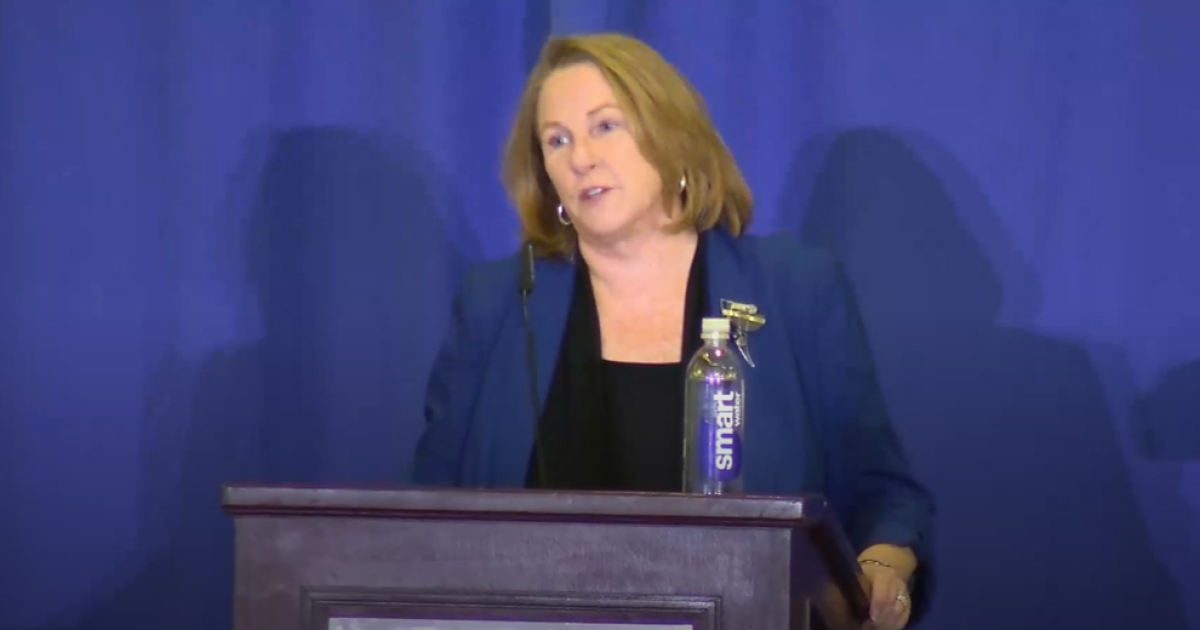Senate Republicans intend to propose revised tax and health-care provisions to President Donald Trump’s $3 trillion signature economic package this week, shrugging off condemnations of the legislation by Elon Musk as they rush to enact it before July 4.
The Senate Finance Committee’s plan to extract savings from the Medicaid and — perhaps — Medicare health insurance programs could depart in key respects from the version of the giant bill that narrowly passed the US House in May. The release of the panel’s draft will likely touch off a new round of wrangling between fiscal conservatives and moderates.
As the debate unfolds, businesses in the energy, health care, manufacturing and financial services industries will be watching closely.
SALT dilemma
A crucial decision for Majority Leader John Thune, Committee Chairman Mike Crapo and other panel members will be how to handle the $40,000 limit on state and local tax deductions that was crucial to passage of the bill in the House.
Senate Republicans want to scale back the $350 billion cost of increasing the cap from $10,000 to $40,000 for those making less than $500,000.
House Speaker Mike Johnson and a group of Republican members from high-tax states have warned that any diminishing of the SALT cap would doom the measure when it comes back to the House for a final vote. At the same time, so-called pass-through businesses in the service sector are pushing to remove a provision in the House bill that limits their ability to claim SALT deductions.
(Read more: “What the House gave the Senate: Inside the ‘Big Beautiful’ bill.“)
The Senate Finance Committee is widely expected to propose extending three business tax breaks that expire after 2029 in the House version to order to make them permanent. They are the research and development deduction, the ability to use depreciation and amortization as the basis for interest expensing and 100% bonus depreciation of certain property, including most machinery and factories.
Manufacturers and banks are particularly eager to see all of them extended.
To pay for the items, which most economists rank as the most pro-growth in the overall tax bill, senators may restrict temporary breaks on tips and overtime, which Trump campaigned on during last year’s election in appeals to restaurant and hospitality workers. The White House wants to keep those provisions as is.
White House economic adviser Kevin Hassett said Trump “supports changing” the SALT deduction and it’s up to lawmakers to reach a consensus.
“It’s a horse trading issue with the Senate and the House,” Hassett said Sunday on CBS’s Face the Nation. “The one thing we need and the president wants is a bill that passes, and passes on the Fourth of July.”
The committee will also face tough decisions on green energy tax credits. Scaling those back generates nearly $600 billion in savings in the House bill.
On Friday, rival House factions released dueling statements.
The conservative House Freedom Caucus warned that any move to restore some of the credits would prompt its members to vote against the bill. “We want to be crystal clear: If the Senate attempts to water down, strip out, or walk back the hard-fought spending reductions and IRA Green New Scam rollbacks achieved in this legislation, we will not accept it,” the group said.
In contrast, a group of 13 Republican moderates, led by Pennsylvania’s Brian Fitzpatrick and Virginia’s Jen Kiggans, urged senators to make changes that would benefit renewable energy projects, many in Republican districts, that came about through President Joe Biden’s Inflation Reduction Act.
(Listen: “The state of the ‘Big Beautiful Bill’ and more.“)
“We remain deeply concerned by several provisions, including those which would abruptly terminate several credits just 60 days after enactment for projects that have not yet begun construction,” the lawmakers said in a letter to the Senate.
Banks are especially interested to ensure that tax credits on their balance sheets as part of renewable energy financing aren’t rendered worthless by the bill.
Health-care perils
Medicaid and Medicare cuts present the most daunting challenge in the committee’s draft. While Republicans are generally in favor of new work requirements for able-bodied adults to be insured by Medicaid, some moderates like Senator Lisa Murkowski of Alaska have expressed concern over giving states just a year and a half to implement the requirement.
Senator Lisa Murkowski House provisions instituting new co-pays for Medicaid recipients and limits on the ability of states to tax Medicaid providers in order to increase federal reimbursement payments are more disputed.
Senators Josh Hawley of Missouri and Jim Justice of West Virginia have said they oppose these changes.
To find savings to make up for removing these provisions, Republicans said last week that they are examining whether to put new restrictions on billing practices in Medicare Advantage. Large health insurers that provide those plans would be most affected by such changes.
Yet overall, GOP leaders say the tax bill remains on schedule and they expect much of the House bill to remain intact.
The Senate’s rules-keeper is in the process of deciding whether some provisions are not primarily fiscal in nature. Provisions that restrict state regulations on artificial intelligence, ending some gun regulations and putting new limits on federal courts are seen as most vulnerable to being stripped under Senate budget rules.
Lawmakers are largely taking their cues from Trump and sticking by the $3 trillion bill at the center of the White House’s economic agenda.
Musk, the biggest political donor of the 2024 campaign, has threatened to help defeat anyone who votes for the legislation, but lawmakers seem to agree that staying in the president’s good graces is the safer path to political survival.
“We are already pretty far down the trail,” Thune told reporters on Thursday afternoon as his colleagues left for the weekend.


 Blog Post1 week ago
Blog Post1 week ago
 Personal Finance1 week ago
Personal Finance1 week ago
 Personal Finance1 week ago
Personal Finance1 week ago
 Personal Finance1 week ago
Personal Finance1 week ago
 Finance1 week ago
Finance1 week ago
 Economics1 week ago
Economics1 week ago
 Economics1 week ago
Economics1 week ago
 Economics3 days ago
Economics3 days ago












